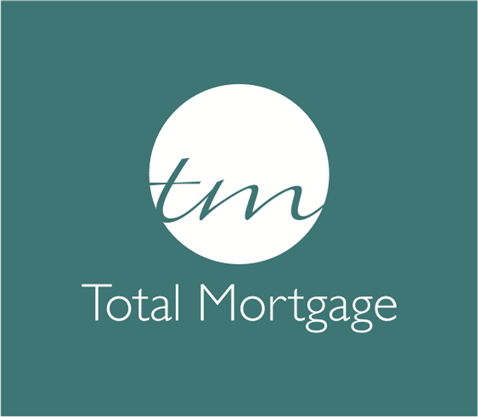
Joanne Lewis
BROWSE
PARTNERSFixed Vs. Variable
4/4/2023
When it comes to purchasing a home, one of the most important decisions you'll have to make is how to finance it. One of the factors to decide on is having a fixed-rate mortgage or a variable-rate mortgage. Each one has its own set of pros and cons. Variable was the clear favourite for years up until recently when we experienced rapid increases to variable rates.
With a fixed-rate mortgage the interest rate on the loan is fixed for the entire term of the loan. This means that your monthly mortgage payment will always stay the same, regardless of changes in interest rates. This can make budgeting for your mortgage much easier, as you'll always know what your monthly payment will be. A fixed-rate mortgage can offer peace of mind, as you won't have to worry about the possibility of your mortgage payment suddenly increasing if interest rates go up (which we’ve seen happen several times over the past year).
A variable-rate mortgage (also called an adjustable-rate mortgage) has an interest rate that fluctuates over time. The interest rate is based on the Prime Rate and is adjusted based on changes to that rate. With an adjustable-rate mortgage, your monthly mortgage payment can change, which can make budgeting more difficult.
When deciding between a fixed-rate and variable-rate mortgage, it's important to consider your own financial situation and goals. If you prefer the predictability of always knowing what your monthly mortgage payment will be, a fixed-rate mortgage may be the better choice. However, if you're comfortable with some uncertainty and are willing to take on the risk of your monthly mortgage payment potentially increasing, a variable-rate mortgage may be a better option.
Another major factor consider is the penalty you will incur if you pay your mortgage out early. The majority of mortgage holders will break their mortgage before the term is up either to refinance, move, or a life event such as divorce, new job, etc. The penalty for a variable mortgage is 3 months interest. The penalty for a fixed rate mortgage is the greater of 3 months interest or the interest rate differential which can end up being thousands of dollars.
Both fixed-rate and variable-rate mortgages have their own set of pros and cons, and the choice between them will depend on your own financial situation and goals. Variable-rate mortgages was the favourite for years but with the shift in interest rates many people are going back to fixed. If you’re trying to decide between the two options I will run all the numbers for you and help you make the best decision for your situation.




























